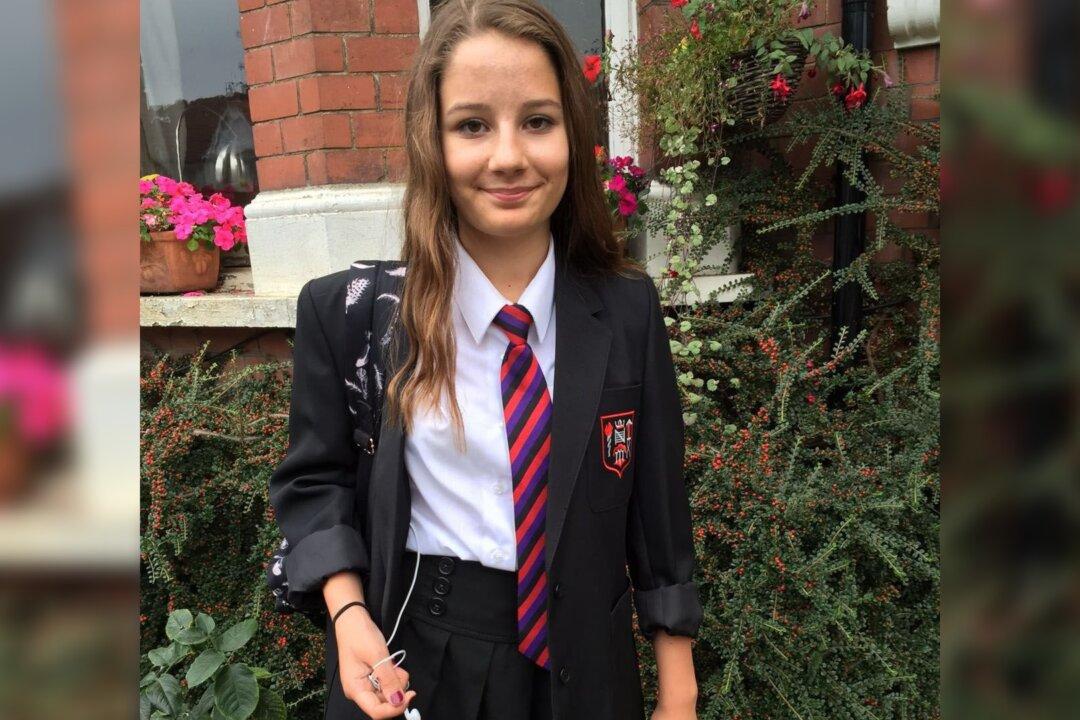“Negative effects of online content” was a contributing factor in the death of a British school girl who took her own life in 2017, a coroner concluded on Friday.
Coroner Andrew Walker, who made the conclusion, said the ruling is “the first time” that “tech platforms have been formally held responsible for the death of a child.”





